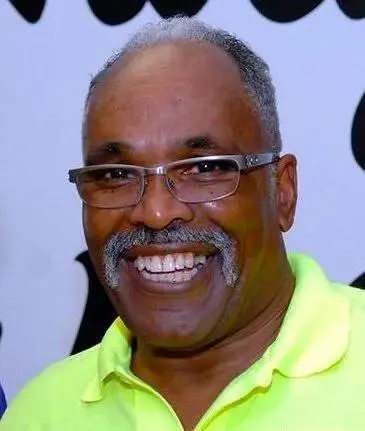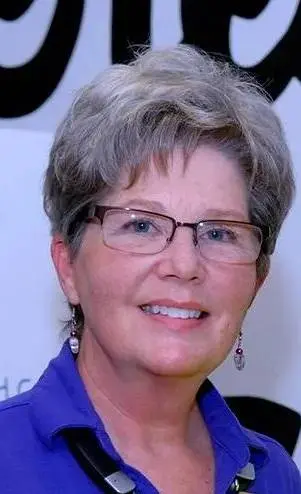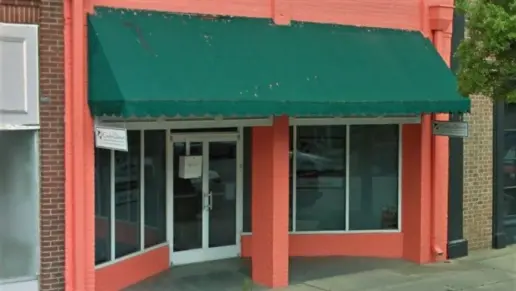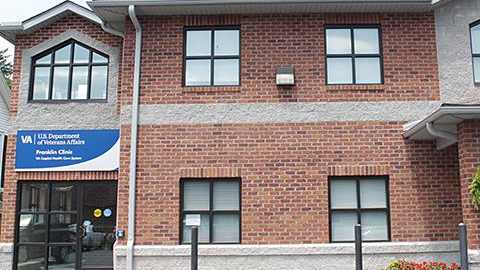About Exodus House
Exodus House, in Hickory, North Carolina, is a faith-based, 12 step-focused sober living home for adults in addiction recovery. They offer specialized programming for homeless and indigent persons, clients exiting incarceration, and persons with co-occurring addiction and mental illness. Their primary treatment modalities include psychotherapy and recovery-focused life skills training.
Exodus House is a faith-based, 12 step-focused residential addiction recovery center for adults in Hickory, North Carolina. They offer sober living programming, dual diagnosis care, and specialized services for homeless and indigent persons and clients on parole, probation, or supervised release.
Exodus House’s sober living home allows clients to focus on their recovery in a highly structured and supportive environment with premium amenities, including a home-like setting and private transportation. Clients engage in intensive individual, group, and family counseling. They also participate in extensive, recovery-focused life skills training, including courses in coping, self-care, wellness, financial and household management, communication, parenting, anger and stress management, and relapse prevention. Spiritual development as a foundation of sustained recovery is prioritized.
Exodus House’s aftercare services are designed to support clients’ successful reintegration into the home, workplace, and community through robust wraparound care. Services may include peer coaching, 12 step program facilitation, employment and housing assistance, and referrals for medical, mental health, and social service programs.
Exodus House accepts Medicare, Medicaid, and self-pay. Financial aid is available.
Facility Overview
Rehab Score
Gallery
Other Forms of Payment
Self-pay involves paying for treatment out of your own pocket. You can use savings or credit, get a personal loan, or receive help from family and friends to fund your treatment. If you don't have insurance or your insurance plan doesn't cover a specific program, self-pay can help ensure you still get the care you need.
Medicare is a federal program that provides health insurance for those 65 and older. It also serves people under 65 with chronic and disabling health challenges. To use Medicare for addiction treatment you need to find a program that accepts Medicare and is in network with your plan. Out of pocket costs and preauthorization requirements vary, so always check with your provider.
Medicaid is a state based program that helps lower-income individuals and families pay for healthcare. Medicaid covers addiction treatment so those enrolled can use their coverage to pay for rehab. When a program accepts Medicaid the client often pays very little or nothing out of their own pocket.
Addiction Treatments
Levels of Care
Treatments
The goal of treatment for alcoholism is abstinence. Those with poor social support, poor motivation, or psychiatric disorders tend to relapse within a few years of treatment. For these people, success is measured by longer periods of abstinence, reduced use of alcohol, better health, and improved social functioning. Recovery and Maintenance are usually based on 12 step programs and AA meetings.
There are many types of drug rehab in North Carolina. To receive treatment for addiction, you can choose from many inpatient and outpatient programs. Often, participants start with detox and work through a full continuum of care that continues with ongoing support for long-term recovery.
Opioid rehabs specialize in supporting those recovering from opioid addiction. They treat those suffering from addiction to illegal opioids like heroin, as well as prescription drugs like oxycodone. These centers typically combine both physical as well as mental and emotional support to help stop addiction. Physical support often includes medical detox and subsequent medical support (including medication), and mental support includes in-depth therapy to address the underlying causes of addiction.
Substance rehabs focus on helping individuals recover from substance abuse, including alcohol and drug addiction (both illegal and prescription drugs). They often include the opportunity to engage in both individual as well as group therapy.
Programs


Clinical Services
Group therapy is any therapeutic work that happens in a group (not one-on-one). There are a number of different group therapy modalities, including support groups, experiential therapy, psycho-education, and more. Group therapy involves treatment as well as processing interaction between group members.
In individual therapy, a patient meets one-on-one with a trained psychologist or counselor. Therapy is a pivotal part of effective substance abuse treatment, as it often covers root causes of addiction, including challenges faced by the patient in their social, family, and work/school life.
Life skills trainings involve all the skills a person must have in order to function successfully in the world. These include time management, career guidance, money management, and effective communication. Truly successful addiction recovery is based on the ability to not only live substance-free, but to thrive. Life skills teaches the practical necessities of functioning in society, which sets clients up for success in life, and therefore sobriety.
Amenities
-
Private Setting
-
Private Transportation
Staff

Church Pastor & Founding Executive Director

Church Pastor & Founding Assistant Executive Director
Contact Information
610 4th St SW
Hickory, NC 28602


